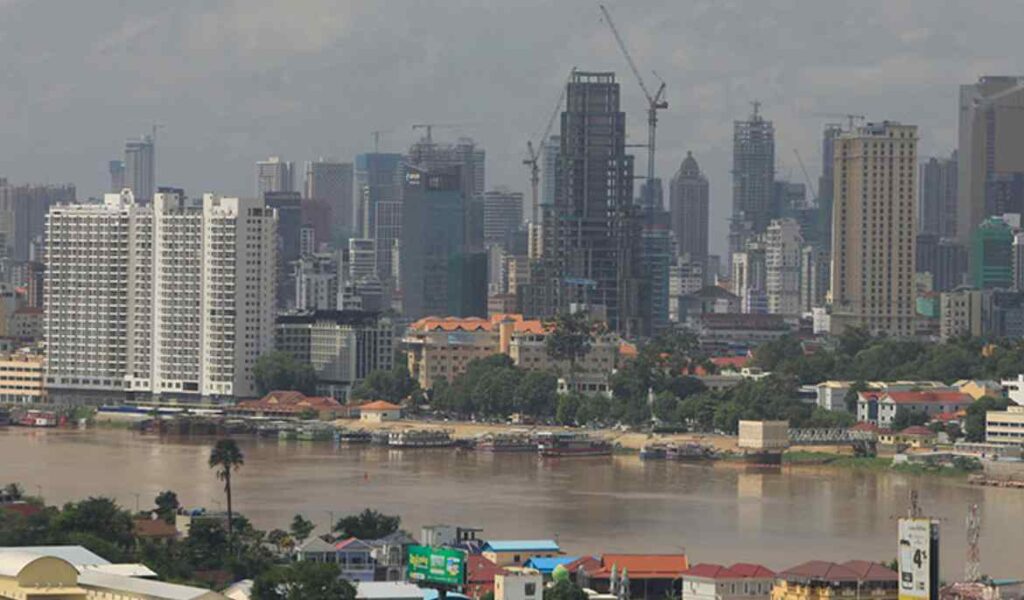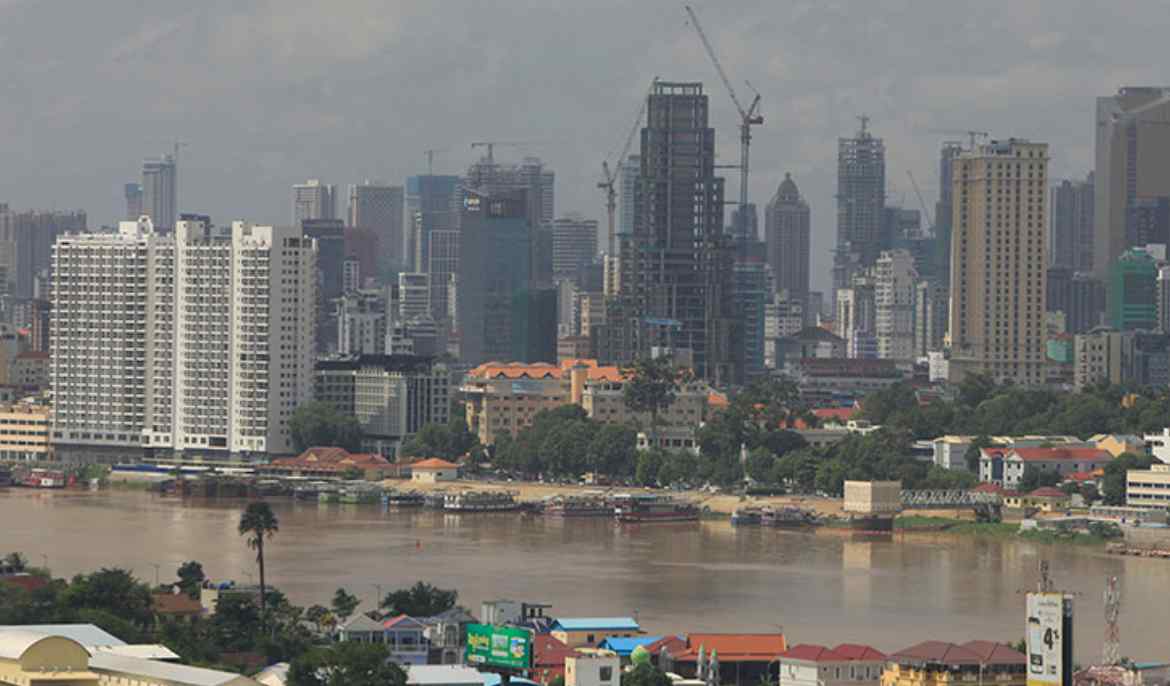Cambodia’s Gross Domestic Product (GDP) growth is projected to marginally improve, reaching 5.5 percent in 2025 and 2026, according to the World Bank’s ‘Cambodia Economic Update: From Recovery to Resilience – Harnessing Tourism and Trade as Drivers of Growth,’ released recently.
Even though domestic demand is expected to further improve in the next two years, supported by an improved job market and well-anchored inflation expectations, the recovery remains incomplete, the report said.
This is because a rebound in domestic consumption, which accounts for about two-thirds of GDP, will be dampened by subdued domestic credit growth caused by a prolonged downturn in the construction and real estate sector, it added.
In addition, the negative wealth effects of falling house prices and notably high household debt, with debt service payments close to 50 percent of income, are likely to constrain consumption.
Cambodia can further boost its growth by diversifying trade and improving productivity, said World Bank Country Manager for Cambodia, Tania Meyer.
“Investing in human capital, in particular education, and deepening reforms to improve the business environment will be key to enable the private sector to create more and better jobs,” she said.
Aun Pornmoniroth, Deputy Prime Minister and Minister of Economy and Finance, said recently that, with peace, social order, safety and security and political stability as strong foundations, Cambodia has consistently maintained high growth, leading to remarkable economic development, poverty reduction, and the lower middle-income status in 2015.
However, Cambodia’s Ministry of Economy and Finance projects the country’s economic growth higher than what has been projected by the World Bank. “In 2024 and 2025, the economy is projected to grow around six percent and 6.3 percent, respectively, mainly supported by a continued momentum in export-oriented sectors, especially the garment sector,” Pornmoniroth said.
Accommodation and other supporting sectors (tourism) are expected to continue an upward trend and move toward the pre-pandemic level, he said, meanwhile, resilient momentum in the non-garment sector will continue with newly emerging production industries, especially automotive assembly, food, and beverage productions.
Inflation in 2024 and 2025 is expected to be at 2.7 percent and 2.5 percent, respectively. However, given the current performance, the inflation in 2024 is anticipated to be lower than expected, he added.
Sam Seun, policy analyst at the Royal Academy of Cambodia, told Khmer Times on Monday that to further boost the economy, it is crucial for Cambodia to strengthen the trust of foreign investors.
“I believe this is a point that all of us will agree. But, while it is easy to talk about this, implementing measures to gain this trust is equally important,” he said.
Seun explained that investors, whether local or foreign, typically examine several factors before deciding to invest in a country. “These factors include production costs, electricity costs, transportation costs, and staff salaries, all of which play a significant role in their decision-making process,” he said.
“The reality is that investors aim to make a profit when they invest in a country. This requires a convenient and favourable investment environment. Increased investment leads to more job creation and greater economic profitability,” he noted.
On the topic of boosting the economy, Seun also highlighted the importance of the agricultural sector. He stated that if farmers are able to get good prices in the market, the Cambodian economy could grow even further.



